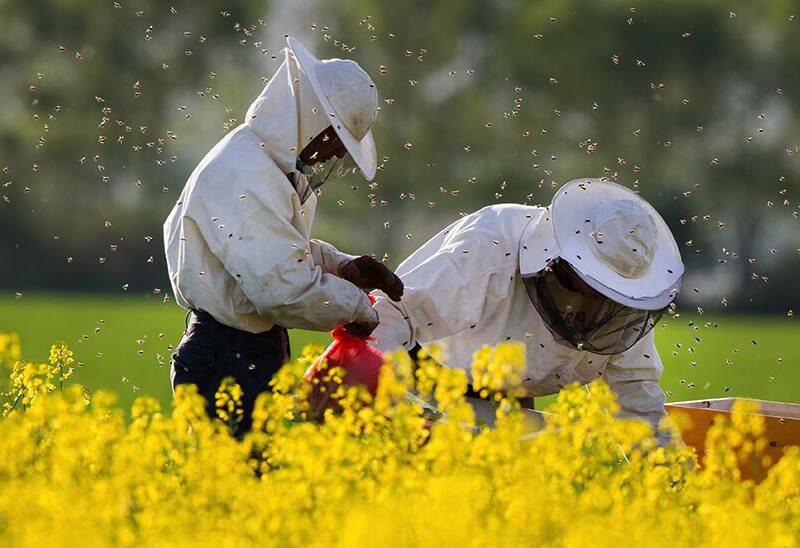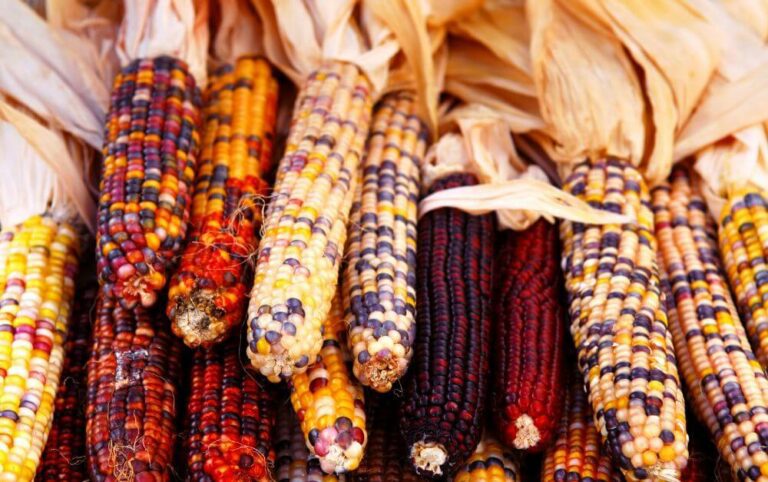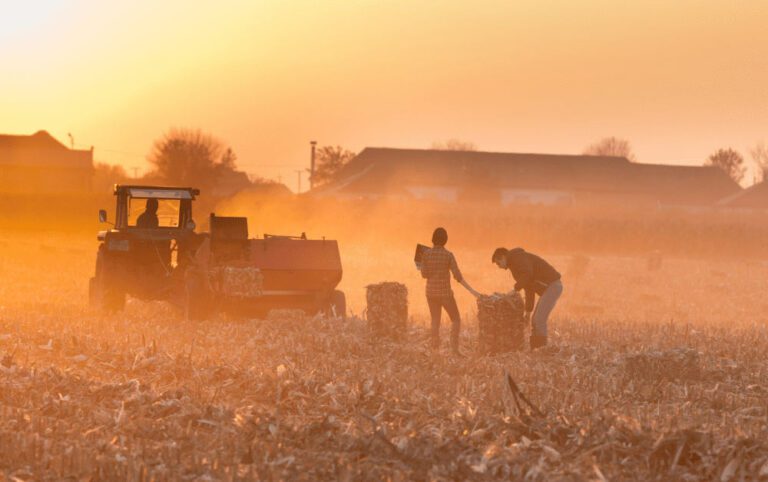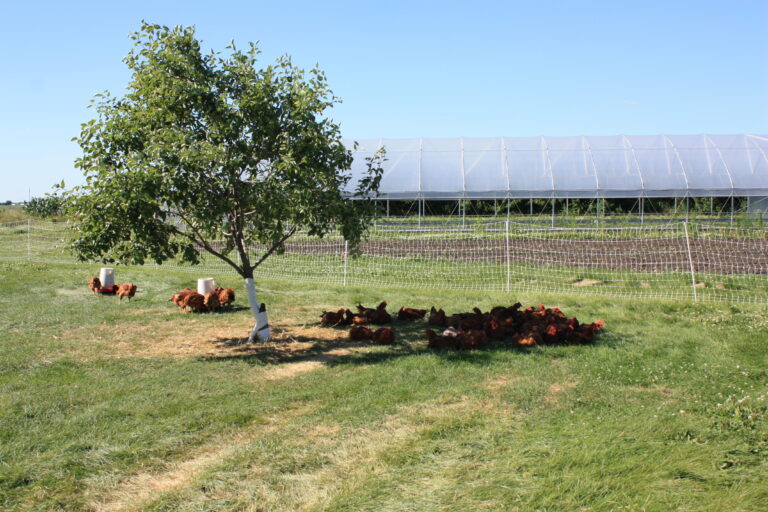On April 1, 2024, Mexico was set to follow through with its 2020 commitment to ban the toxic herbicide glyphosate (the active ingredient in Bayer’s Roundup in the USA and Faena in Mexico) by 2024. When the plan to phase out glyphosate and genetically engineered (GE) corn was originally laid out, Mexico’s government cited the purpose of the new policies as “contributing to food sovereignty and security” and the health of the Mexican people, as well as protecting native corn from contamination by GE pollen. Glyphosate is a pervasive herbicide frequently used on corn and other commodity crops, and genetically engineered corn is often modified to—among other things—be resistant to glyphosate.

News & Analysis
About every five years, the U.S. Congress passes the biggest set of food and farming policies that define the majority of federal farm, food, nutrition, and rural economic programs. At a cost of about $440 billion over five years, these programs influence: What is grown; who grows it; how it is grown or produced; what is done with those products and where they are sold; who can access and afford those goods; and how we invest in rural communities.
By supporting good legislation, opposing bad legislation, and building up a network of supporting organizations, it is our hope that we can collectively move the needle on farmworker rights in the right direction.
Watch and listen as two experienced farmers share stories and practical approaches for small-scale, diversified farms that use the principles of agroecology. This discussion may provide you with ideas that small farms where you live can adapt and thrive.
After many long days of negotiations, the U.N. Environment Programme (UNEP) made a historic move for safer food and farming by passing a resolution on highly hazardous pesticides (HHPs) that calls for action to globally phase out the use of the world’s most toxic pesticides by 2035. Tied with this resolution was the passing of a mandate for UNEP to implement this commitment by forming the Global Alliance on HHPs.
PFAS are persistent and have the potential to affect human health for many years. Some pesticides have PFAS in their formulations and others leach PFAS from their containers.

For beekeepers, the “new normal” is unacceptable
June 20, 2018
Last month, the Bee Informed Partnership (BIP) published results from their annual survey of managed honey bee colony losses in the United States. With the combination of increased overall pathogen load, poor nutrition, habitat loss and pesticide exposure all contributing to bee declines, the results

Farm Bill: How could it work for farmers?
June 18, 2018
This interview with Churdan, Iowa farmer Patti Naylor is the second blog in our series focusing on key issues of concern in the Farm Bill to those in our network. In this blog, Patti focuses on her vision for a Farm Bill process that better

Guest blog: A look into glyphosate and soil health
June 14, 2018
Glyphosate, the active ingredient in Monsanto’s RoundUp, has been labeled by the World Health Organization’s International Agency for Research on Cancer as a “probable human carcinogen.” Given the probable impacts of glyphosate on humans it isn’t a stretch to think that it would also be

Keeping an eye on dicamba
June 14, 2018
Last year, the dicamba drift crisis defined the growing season across the U.S. — damaging an estimated 3.6 million acres of crops. In the months following, PAN, farmers and partner organizations have been taking action and tracking options for how best to avoid another catastrophic

Historic: Hawai‘i enacts first U.S. ban on chlorpyrifos
June 13, 2018
Hawai’i made history today when Governor David Ige, watched by representatives of the community from across the islands, signed into law Senate Bill 3095, banning all uses of chlorpyrifos, a neurotoxic pesticide that has been shown to harm children and has been found in food,








